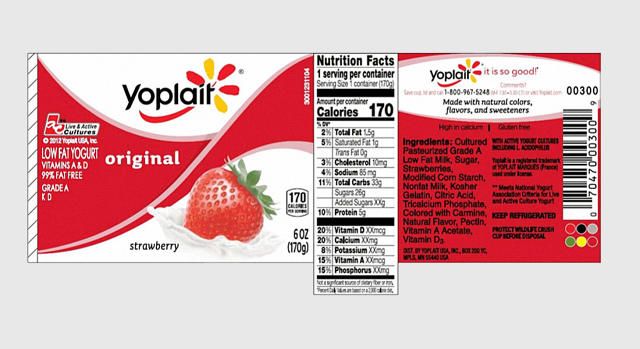
Because these are things that they needed to get them back on their feet.Īre there health technology issues you had to work through in terms of interoperability of data? Even nine years ago we would bring clients in the network to come speak to the service providers about how this changed their life - not just how about how it made their health better, it changed their life. In New York there has been a 16 percent reduction in ED visits, because social service providers are closer to clients and are often first people called. In 2021, we're looking at much deeper metrics around utilization. Now providers can see what happens and how fast it happens on the other side, which is monumental. Fast forward, when we look at network health and statistics today, 50 percent of people are getting accepted within the same day, because technology has connected all those nodes, and 84 percent of the time they can get enrolled in the same week across 155 different types of services. In the first five years of our business just focused on veterans, we did a study looking at how long it would take a client to even get to another organization when there was no technology, and they had to self-navigate and tell their story over again. Was there a moment or a period when you realize the platform was having this big impact and knitting together the healthcare and community organizations in a new way, that was gratifying to see? Our expansion meant we started selling to healthcare, insurers, larger HHS governments and city governments to build this infrastructure across the country for all populations. We were already ready to expand in that nature we already had the product we had already worked on the ground to solve the technology issues and programmatically to standardize. Then health plans and health system started asking the community-based organizations on our networks if they could start connecting because their patients need food, they need housing, and it's impeding their patients’ health and leading to higher costs. After that, we scaled that to about 15 different cities to include four regions of North Carolina. There was no connectivity across all three, and most importantly, no one could ever answer the question, “Did my client ever get there?” So we started to build networks that brought these organizations together into an accountable and quality-focused ecosystem.ĭid you start in certain geographies to try to solve that problem and then expand out? It required a lot of calls on their behalf, telling their story over and over again to different organizations. We had a lot of struggles trying to connect them with all these different services. Prior to that, my co-founder and I were trying to help veterans and military families that we served with solve problems with healthcare, governmental benefits and social services. Healthcare Innovation: Could you tell us about the company’s origin story? How was it able to gain a foothold in this space and then the momentum to forge relationships?īrillman: We started in 2013. For instance, Unite Louisiana uses the Unite Us technology platform to connect clinicians and social service providers to serve the health and social needs within communities and parishes statewide.

Unite Us has developed partnerships with state governments, nonprofit organizations and large health systems including Kaiser Permanente. In a recent interview with Healthcare Innovation, Dan Brillman, the company’s CEO and co-founder, described its evolution and vision.

The company acquired analytics firm Carrot Health and competitor NowPow, bringing its headcount to more than 800 and creating the largest U.S. The year 2021 has been an eventful one for New York-based Unite Us, a company that is working to build an operating system for social care to improve health.


 0 kommentar(er)
0 kommentar(er)
